Speaking at the conference, Szijjarto noted that the number and intensity of armed conflicts are increasing, and mutual respect has completely disappeared from international relations, bringing the world to the brink of a new Cold War.
Hungary strongly opposes bloc formation, having lost much from it in the past, he emphasized.
The foreign affairs minister also pointed out that Hungary has lived in the shadow of the war in Ukraine for years and criticized the previous approaches of the European Union and the United States, stating that neither arms deliveries nor sanctions have brought peace closer.
Hungary has consistently stood for peace over the past three years. We were the only country in Europe that did not supply weapons while conducting the largest humanitarian operation in our history, receiving 1.4 million refugees,
he stated, explaining that
Hungary kept communication channels open with Russia because closing them would mean giving up hope for peace. While holding the rotating EU presidency, we launched a peace mission.
Szijjarto reminded participants that since the beginning of the war, there have been open references to the potential use of nuclear weapons, and some countries have spoken of sending troops—actions that heighten the risk of escalation and raise the possibility of direct NATO–Russia confrontation, or even a third world war.
Only a Russian–American agreement can bring peace back to the heart of Europe. We have been arguing this for three years. For this stance, we were labeled spies, Trojan horses, and propagandists. And what’s happening now? U.S.–Russia talks,
he remarked.
Perhaps Hungarians may not appear to be right, but they will be proven right,
he added.
Szijjarto welcomed what he described as a turning point, which he attributed to the election of a peace-oriented president in the U.S. last year—referring to Donald Trump.
This has opened the path to restoring U.S.–Russia relations, bringing mutual respect back into international politics and ending the strategy of using national resources to interfere in other countries’ domestic affairs,
he said.
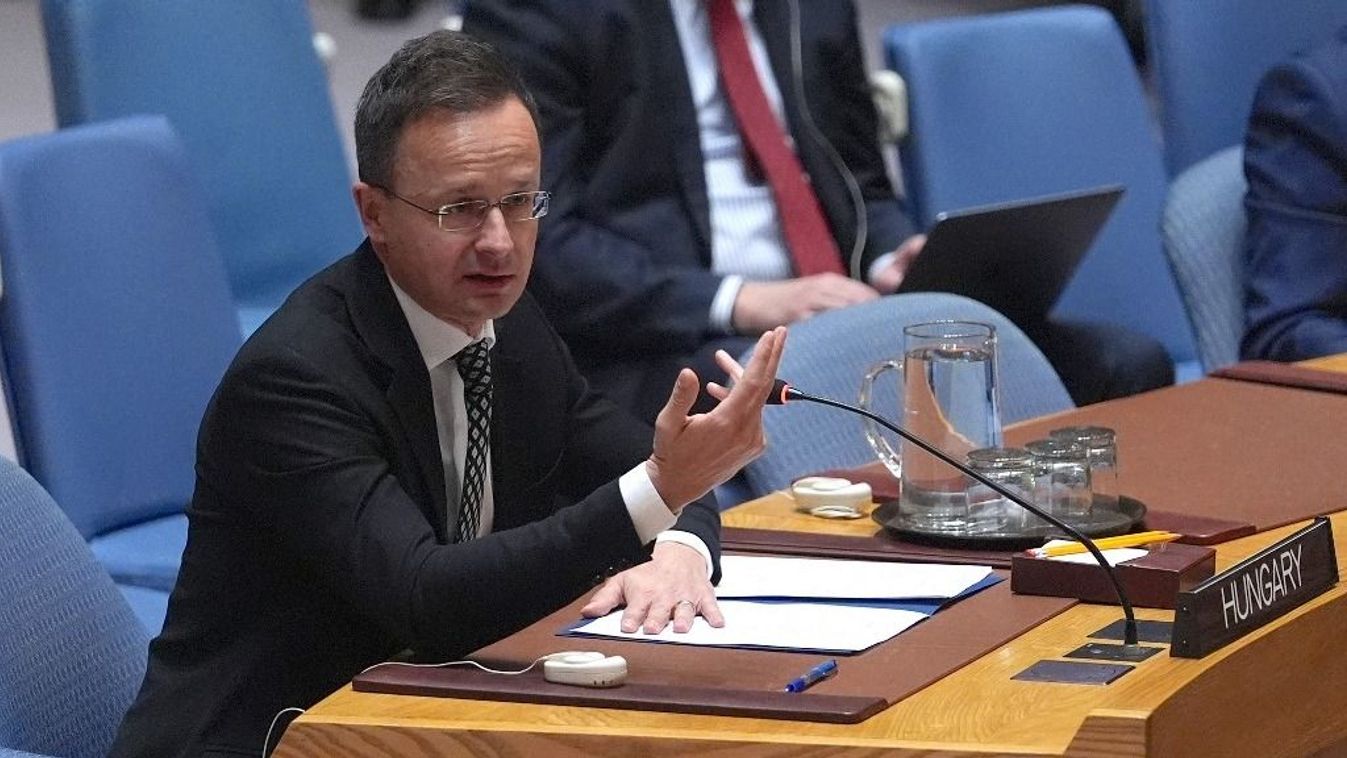
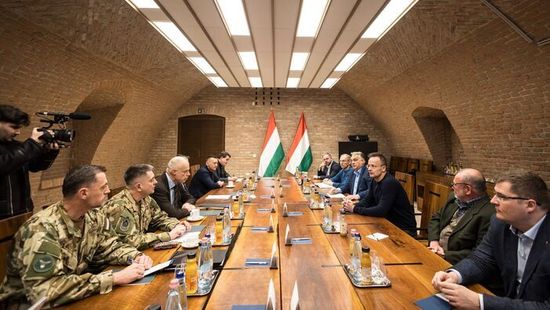
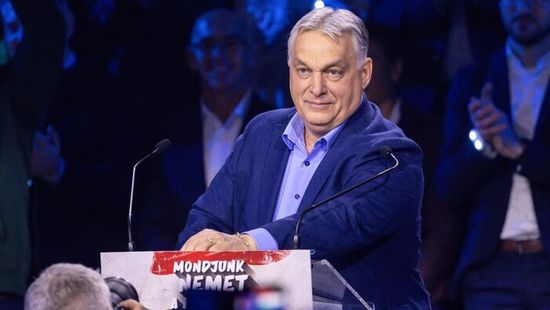
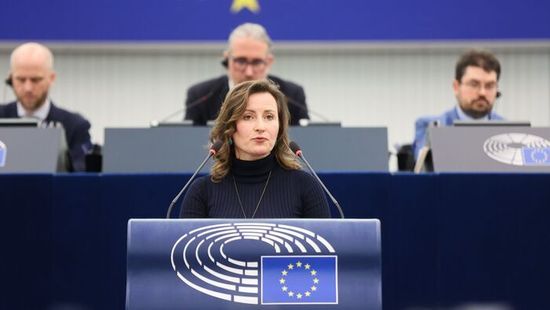
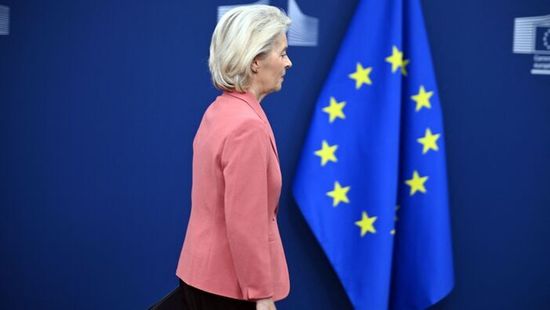



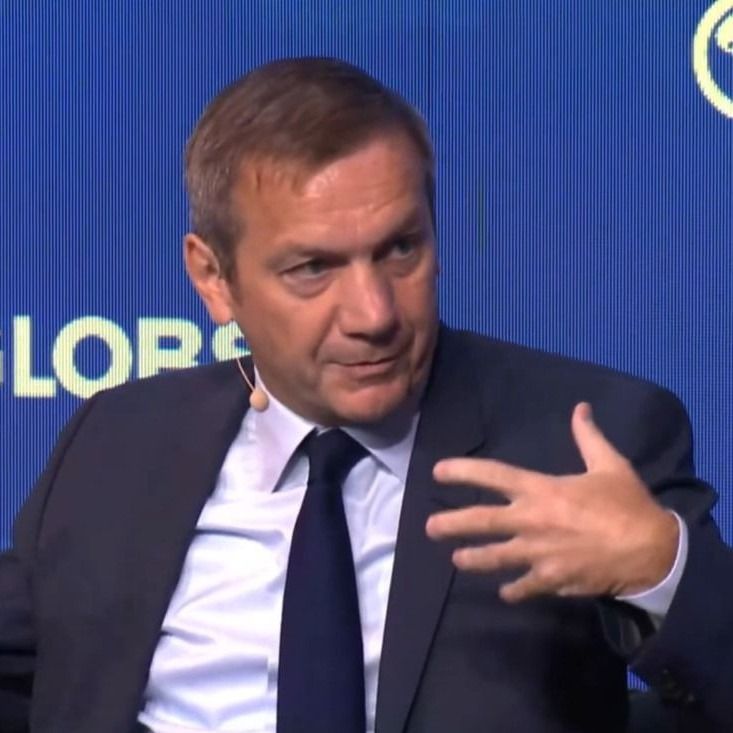
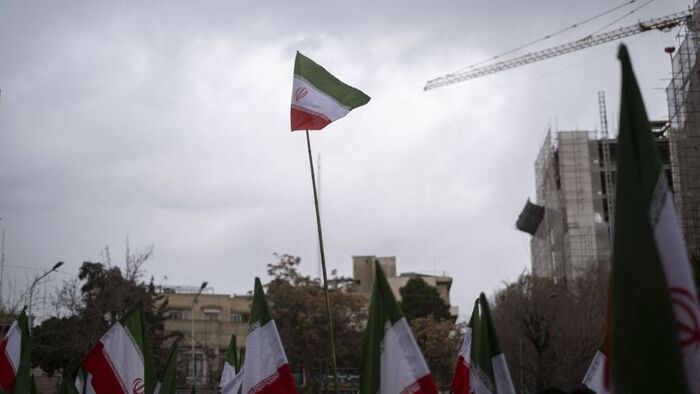

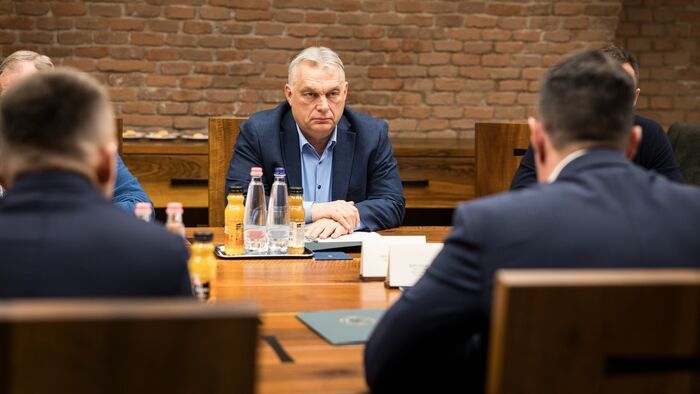
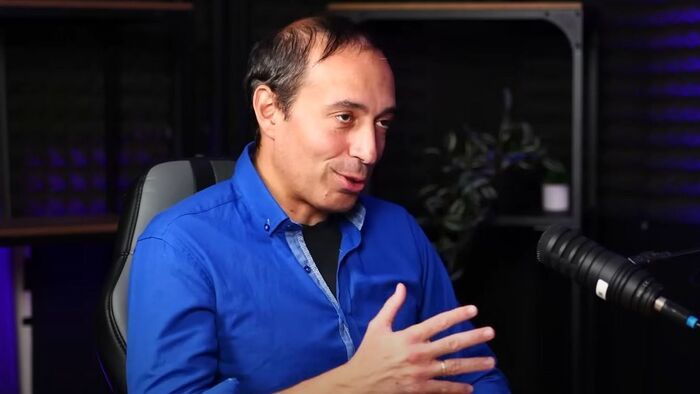
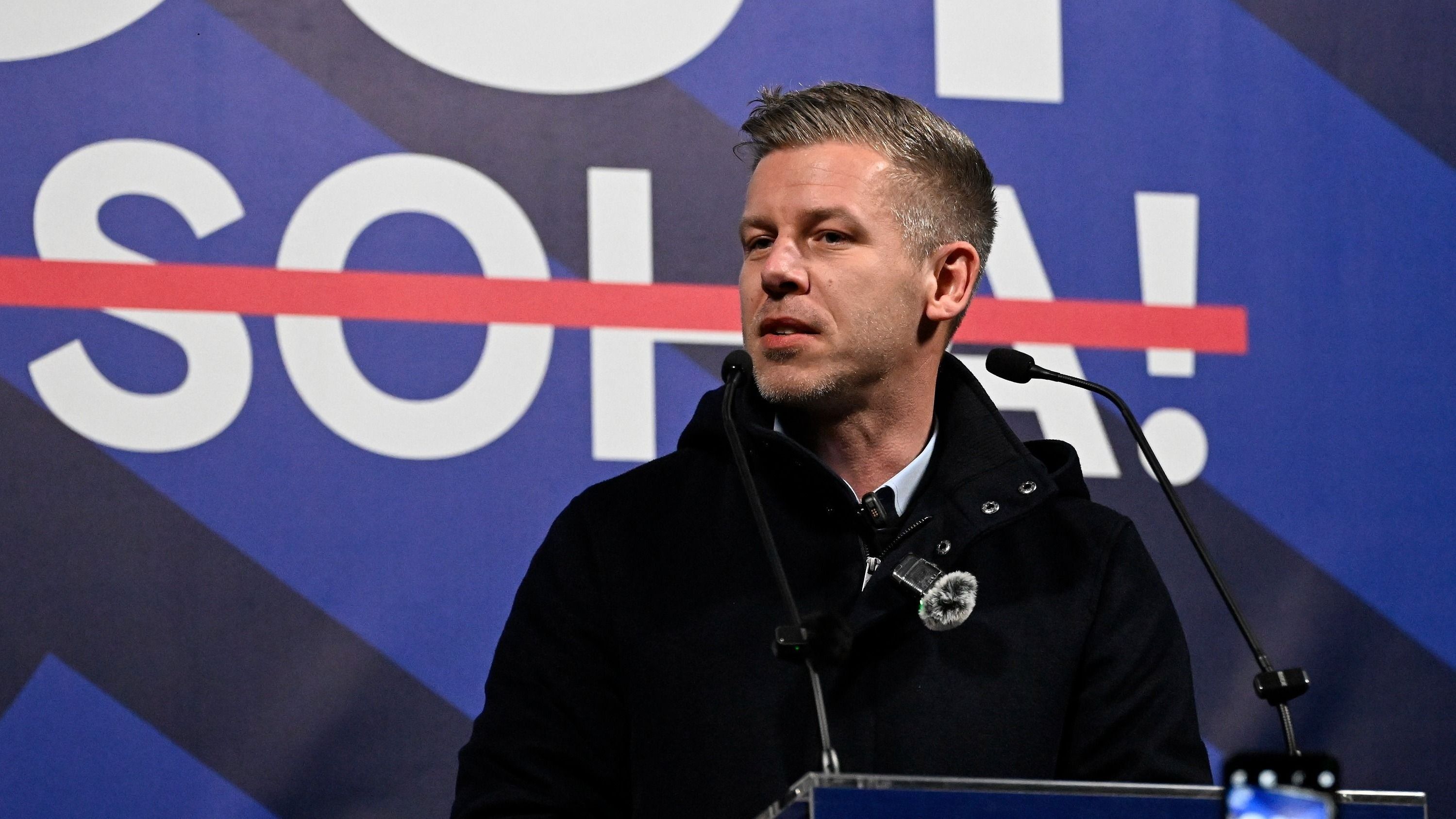
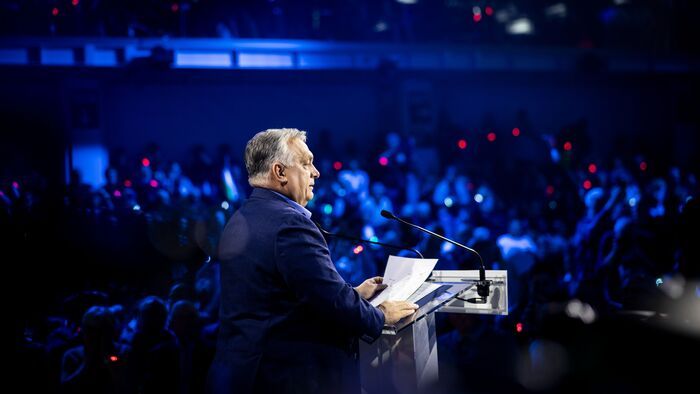
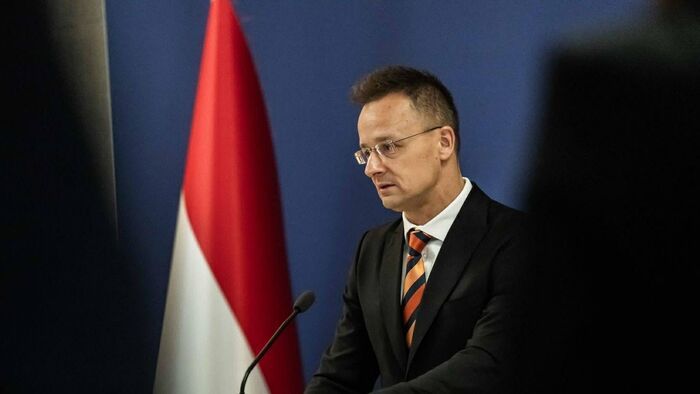

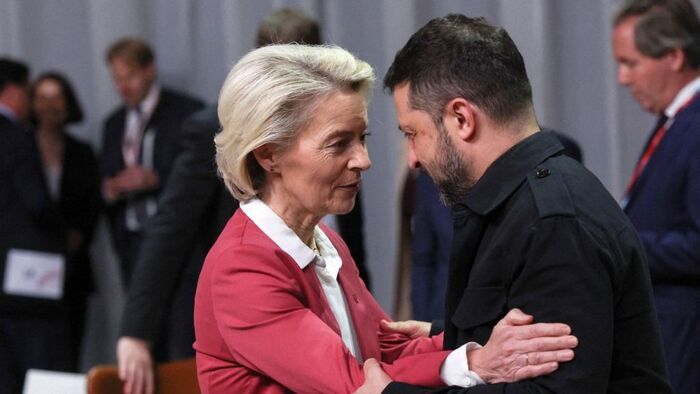





Szóljon hozzá!
Jelenleg csak a hozzászólások egy kis részét látja. Hozzászóláshoz és a további kommentek megtekintéséhez lépjen be, vagy regisztráljon!